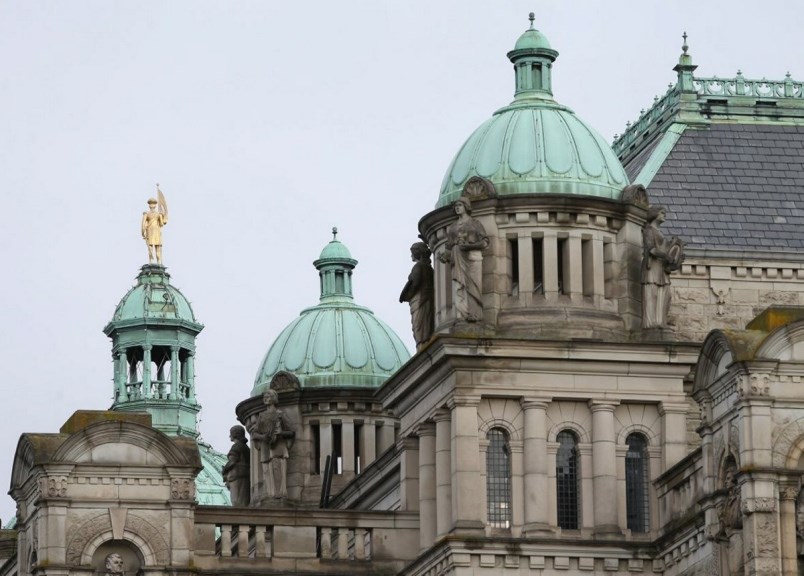All B.C. employers must include pay information on public job postings starting Wednesday.
It’s one of the requirements of the province’s Pay Transparency Act, which was passed into law this year in an effort to address the pay gap between men and women.
“People deserve equal pay for equal work,” Kelli Paddon, parliamentary secretary for gender equity, said in a statement Monday. “Making sure transparent wage or salary information is included in all job postings helps make sure people are being offered the same pay for the same work.”
According to Statistics Canada, women in B.C. are paid 17 per cent less than men, and the pay gap is even wider for Indigenous, migrant and visible minority women, or women with a disability.
While the average hourly wage for men was $35.50 last year, Indigenous women earned an average of $26.74 an hour. Indigenous men earned an average wage of $31.03 an hour. Immigrant women earned an average of $28.78 an hour compared with immigrant men, who earned an average of $36.42 an hour.
Under the act, employers will no longer be able to ask prospective employees how much they’ve been paid in the past and can no longer punish employees who disclose how much they earn to co-workers or to people applying for jobs.
Raji Mangat, executive director of West Coast Leaf, said requiring employers to include wage and salary information on job postings is a first step in B.C. moving toward pay equity and employment equity legislation.
“It’s not the be-all and end-all of ensuring that the gap between people based on gender, based on race, is addressed,” said Mangat. “For us, the act is a starting point and we’ll be monitoring and watching how it is implemented and what impact it has. But we’re going to continue to push for pay-equity legislation, which we do not have in B.C.”
The act will affect all workplaces, but will have more of an impact in non-unionized workplaces, especially when you look beyond hourly wages to salaries, commissions and overall compensation, which might include things like bonuses, said Mangat.
“There are places where there’s not a lot of information about how much people make, where people are more able to negotiate and where’s there’s discretion on the part of the employer about what to start paying someone,” she said.
Since June 2022, Canada’s federally regulated private companies have been required to report the wage gap. Last year, Prince Edward Island started including salary rates in publicly advertised job postings.
First up are B.C.’s Public Service Agency, Crown corporations and public agencies with more than 1,000 employees such as ICBC, WorkSafeBC, B.C. Housing, B.C. Transit and B.C. Lottery Corporation.
On Nov. 1, 2024, all employers with 1,000 employees or more will have to publicly post reports about their gender pay gap. A year later, the requirement will apply to employers with 300 employees or more.
In her statement, Paddon pointed to the government’s other efforts to help women in the workforce, including new investments in child-care supports and increases to the minimum wage.
>>> To comment on this article, write a letter to the editor: [email protected]




